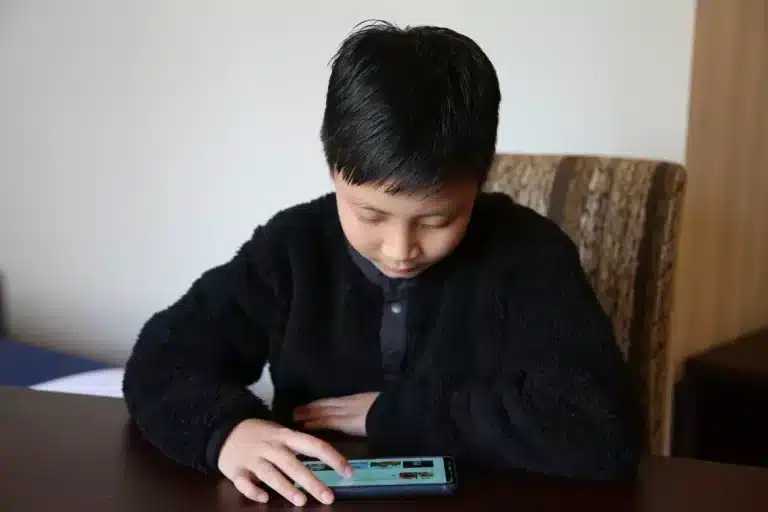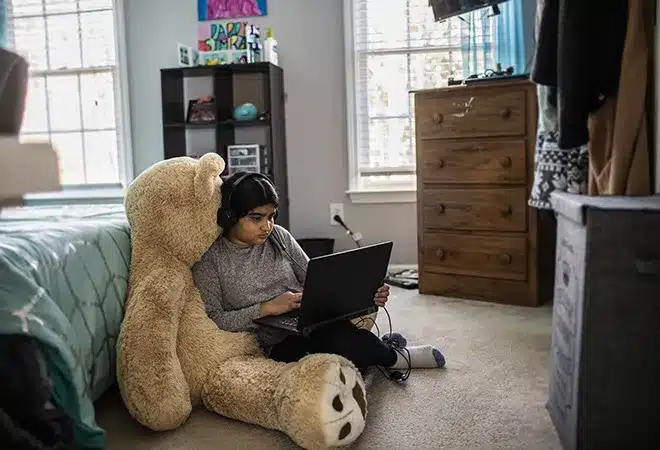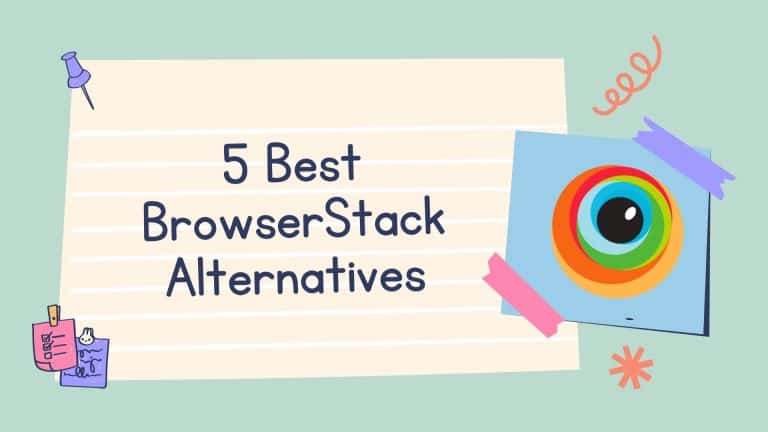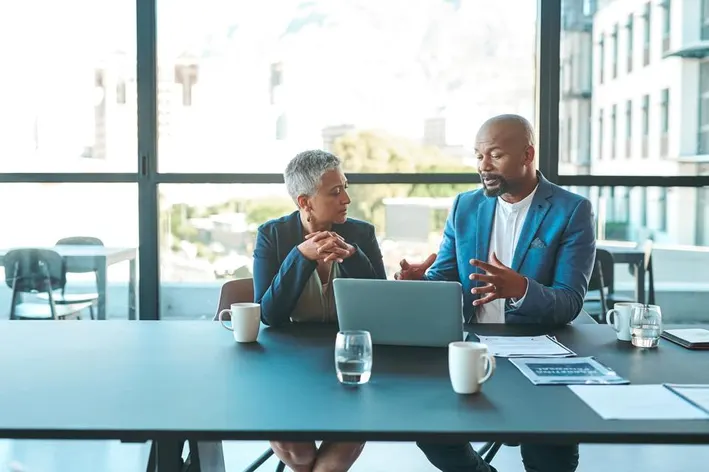Every parent out there wants their kid to be able to explore the digital world safely and free of bad experiences, bullying, or abuse.
This adds to the fact that 71 percent of U.S. parents are concerned that their child might spend too much time in front of screens.
Although today’s internet is full of opportunities to learn new skills, socialize, and find entertainment, we can’t forget about the people who misuse it.
Along with these wonderful benefits come risks like online harassment, stalking, and doxxing.
This is especially dangerous for children.
Let’s explore the steps you could take to keep your kids safe from online abuse by setting rules on their behavior and empowering them to take control of their digital presence.
Online Abuse: How Does It Work?
Some of the most common forms of online abuse are cyberbullying, grooming, harassment, and inappropriate content. Unfortunately, 64% of American young adults (18-29) have experienced bullying online.
Consider these:
- Cyberbullying can happen through social media platforms, and it’s very common in online games.
- Grooming is what happens when an adult builds a predatory relationship with a child. The adult can keep up a kind facade for years, tricking the child into trusting them.
- Harassment can come in the form of online threats or unwanted and repeated contact with another person.
Let’s dive in.
Educate Your Kids and Communicate Openly
There are always warning signs before abuse, like getting weird messages or being asked to keep secrets from your family. If you tell them about these tactics and build trust with your children, they will be empowered to ask for help if they need it.
Talk to your children about what online abuse is, how to identify it, and how to put a stop to it. Strengthen their self-esteem, warn them about online dangers, and make sure to let them know that they can trust you if they have issues.
Set Boundaries and Clear Rules with Them
Boundaries aren’t something we have to keep only in real life; we need them online, too, especially after the rise of social media platforms, where adults can interact with kids so easily.
Create guidelines for your kids to identify red flags and limit the time they can spend on their devices. It’s also advisable to ban a few websites that might expose them to inappropriate content.
You should encourage your children to exercise critical thinking when they’re online and especially warn them about the danger of sharing too much personal information with strangers. For better security, make sure to get VPN downloads and other necessary security tools.
Use Monitoring Tools and Parental Controls
There are thousands of parental control features that you can take advantage of if you worry about your kids’ safety in the digital world. With these, you can block websites, restrict access to games and apps that you don’t approve of, and check what they’ve been doing.
If you see them harassing or bullying others, you should take action from a place of compassion and understanding. Respect their privacy and work with them so that they don’t feel you’re being controlling. These tools aren’t for you to berate them but rather for their protection.
Empower Them as Much as Possible
Encourage them to build strong, healthy relationships with their classmates, and make sure that they have strong self-esteem so that they can come to you if they’re being bullied online.
Remember, they probably have already seen it or gone through it: 87% of young people have. Show them examples of positive interactions and try to integrate them into healthy online spaces.
Highlight how important it is to be empathetic and kind to others and how essential it is to not be judgmental, especially online, where you really can’t know the other person that well. Teach them about respect and help them stand up for themselves and others when necessary.
To Sum Up
It’s your responsibility to make sure that your kids can navigate the online world on their own, with confidence and safety. That’s why you need to understand the risks of online abuse and how to prevent it from the very beginning. A better online world is possible!












